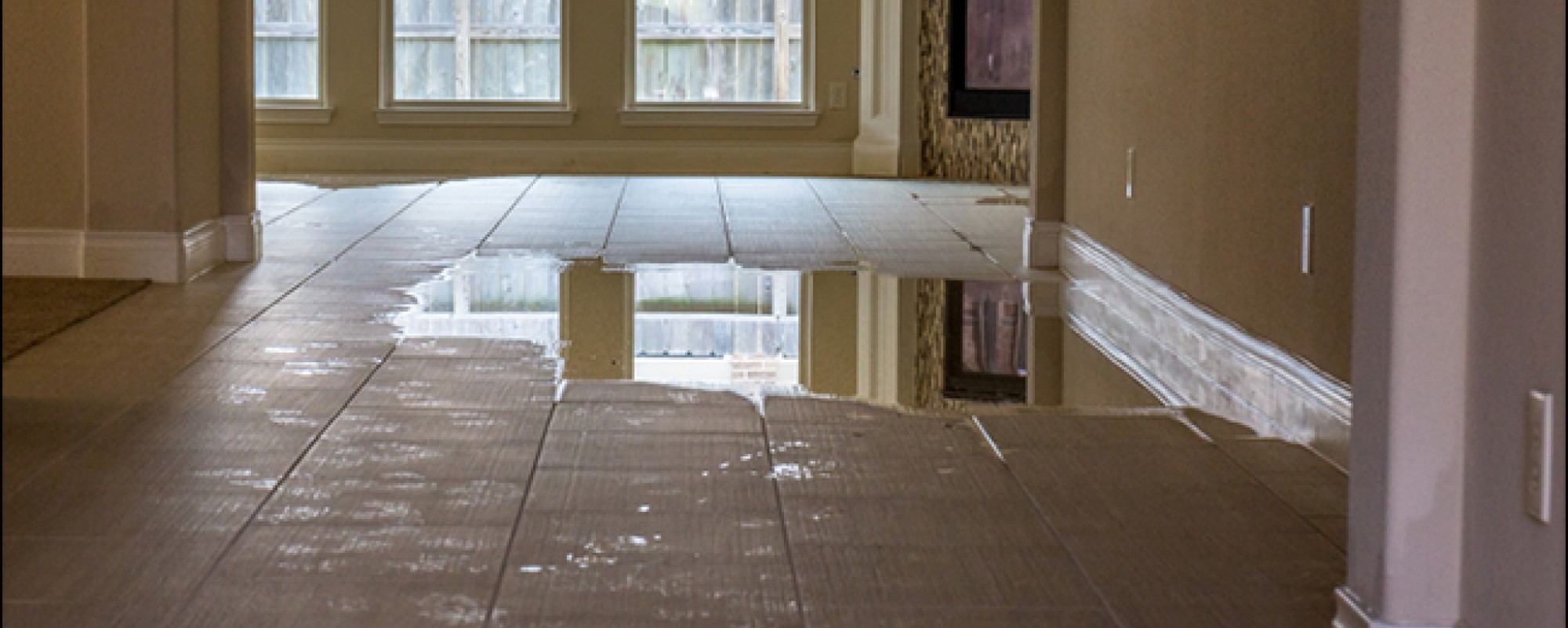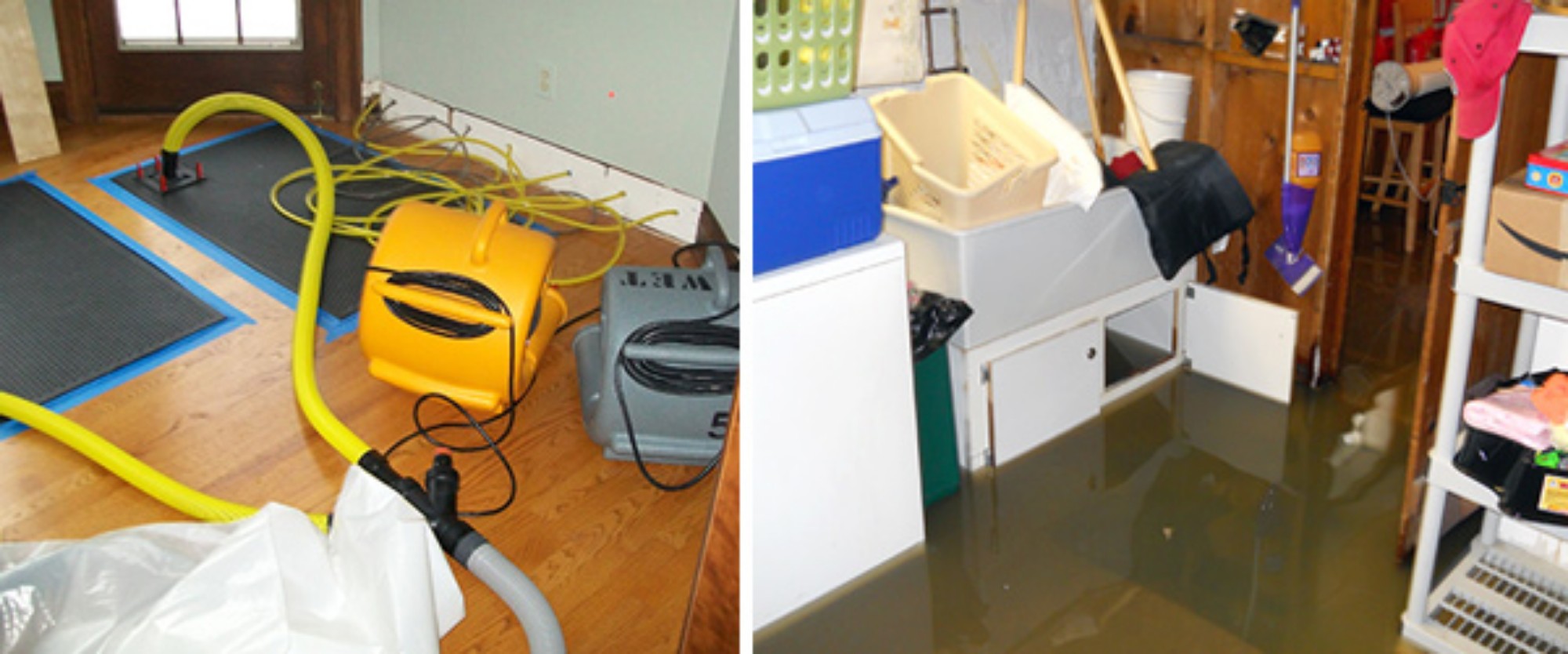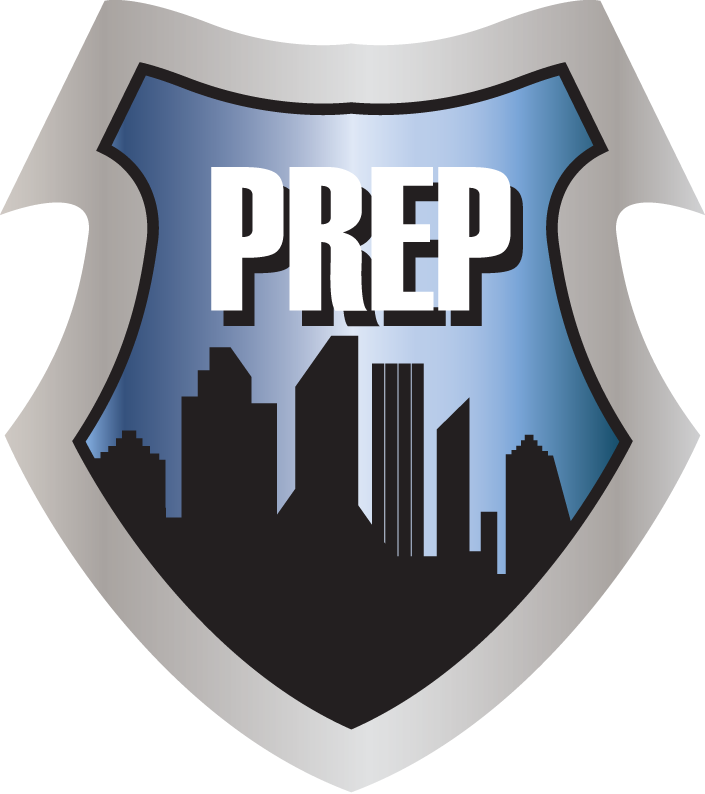Dealing With Mold Growth Following A Major Flood

Coming home to find a flood in your home is bad enough, you don’t want to have to deal with a mold problem on top of that. Act fast! The more time flood water has to sit and saturate your building materials, the higher risk for mold and additional property damage. In the event of a flood, you need to contact a professional flood cleanup company in Cleveland OH to help. A professional restoration company can begin extracting the water and drying any flooded areas immediately. Timely water extraction and proper structural dry out can go a long way in preventing mold growth in the event of a flood.
Risks of Mold Development Following a Flood
With an adequate water source, it only takes 24-48 hours for mold spores to begin to develop and spread — leaving you with a bigger cleanup, even more property damage and a very expensive bill. Even a small amount of unaddressed, standing water can emit water vapors that will rise and leave moisture on walls and wood members. Now, imagine all that water from a flood and how much damage that can do if allowed the time. To prevent mold growth after a flood, property owners must act fast and properly handle the flood cleanup.
Flood waters need to be extracted by a trained water damage cleanup professional with the necessary equipment to complete a THOROUGH dry out. Often times, property owners will attempt cleanup on their own. This can be extremely risky and is often the first error that leads to mold growth. We understand it might be tempting to try to clean up the water yourself, set up a few fans, and hope everything dries quickly – but an improper cleanup or insufficient dry out can leave behind unseen moisture. This residual moisture can be lurking underneath flooring, within wall voids, and within ceiling voids. Unseen moisture can lead to serious indoor mold growth later down the line.

The Importance of Professional Flood Cleanup
A professionally trained flood cleanup team will have all the equipment and products needed to restore a clean and dry space. A water damage restoration team will be able to complete a thorough extraction and dry out. Technicians have moisture detection tools that will help to identify all hidden water that will need to be addressed as well. Often times, there will be non-salvageable contents and building materials that will need to be safely removed and properly disposed of.
Poorly executed flood cleanups can mean serious consequences. Water can seep deep into wall cavities and create pockets of saturation. Those pockets could remain unseen for a long time and wreak havoc on your building materials, leaving behind serious property damage. Mold growth happens quickly when building materials are exposed to moisture. Water left behind can feed a major mold contamination.
Mold Inspection Following a Cleveland Ohio Flood
If you suspect you may have waited too long to address the flood, or if you suspect that there may be residual moisture in your building materials that can promote mold development, you should consider contacting a trained mold inspector in Cleveland Ohio to conduct a mold assessment. Even if you do not detect signs of mold development following a flood, a mold inspection may still be beneficial.
Best case scenario, a mold inspection can confirm a clean environment, and you and your family can rest assured knowing you’ve maintained mold-free conditions following the flood. However, if a mold inspection reveals an underlying mold problem following a flood, you now know what you are up against. Just like dealing with a flood, early mold detection will allow time to contain it and remove it before it gets worse.
A certified mold inspector will be able to do the following:
- Identify if a mold problem exists
- Determine the severity of the mold problem
- Diagnose the moisture source and map out the moisture pattern
- Prescribe an appropriate and effect mold removal plan
- Recommend preventative tactics to avoid recurrence






